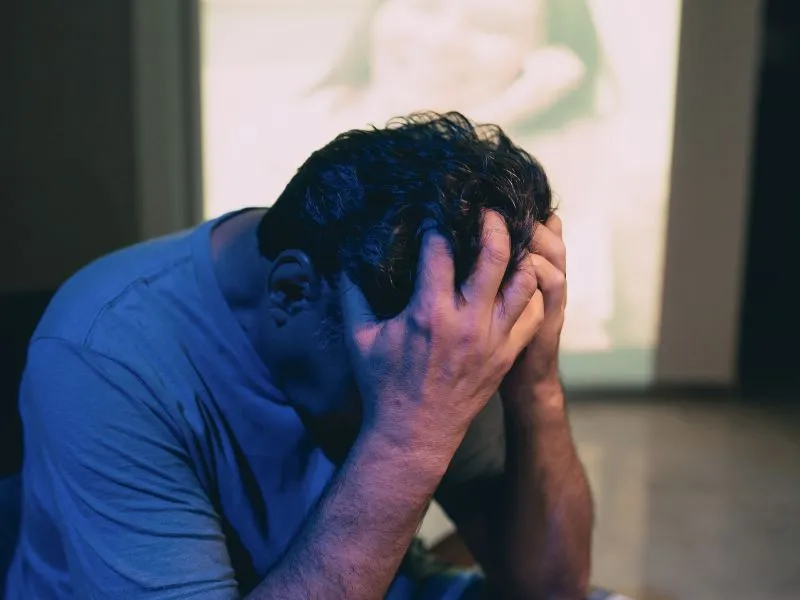The differentiation between sadness and clinical depression can often be confusing. People frequently use the term 'depressed' when they actually mean they are feeling sad. However, it's crucial to distinguish between these two emotional states as they represent distinct experiences.
Clinical Depression vs. Sadness
Clinical depression, also known as major depressive disorder, is a mood disorder characterized by profound feelings of sadness and loss that significantly impede a person's overall well-being and daily functioning. While sadness is an integral component of depression, the condition encompasses much more than transient emotional distress.
Sadness, on the other hand, is a natural emotional response to various life events, such as the loss of a loved one, work-related stress, conflicts with family or friends, or other specific triggers. While these circumstances can precipitate sadness, they may also serve as potential catalysts for depression. However, clinical depression extends beyond these situational triggers, encompassing pervasive feelings of hopelessness, excessive guilt, chronic fatigue, and a range of other symptoms.
Depression is a pervasive and potentially life-threatening disorder that can affect individuals at any stage of life. Alarming statistics reveal that depression is the second leading cause of death worldwide. Consequently, seeking prompt treatment for depression is of utmost importance.
When to Seek Guidance from a Therapist
Psychologists and therapists are not exclusively focused on clinical disorders; they also address overall well-being. Consulting a therapist can be beneficial for anyone seeking to discuss daily challenges causing stress or emotional discomfort. However, the pivotal point at which therapy is recommended is when emotions become overwhelming, begin to interfere significantly with daily life, and impede one's ability to cope effectively.
Recognizing common signs of depression is pivotal. If you are grappling with symptoms like persistent low mood, loss of interest in previously enjoyed activities, changes in appetite, sleep disturbances, indecisiveness, restlessness, pervasive hopelessness, or unrelenting fatigue, it is imperative to reach out to a therapist.
How Your Therapist Can Assist You
Therapists play a crucial role in helping individuals navigate their emotions and combat depression. They offer invaluable support in several ways:
- Treatment: Therapists can administer therapy and, when necessary, recommend medication to alleviate the symptoms of depression.
- Emotion Management: They teach effective strategies for managing negative emotions and provide guidance on recognizing and addressing harmful thought patterns.
- Cognitive Restructuring: Therapists assist individuals in modifying unhealthy thinking patterns, fostering healthier behaviors, and teaching constructive coping mechanisms.
- Self-Care: They educate clients on self-care practices that contribute to emotional well-being.
In conclusion, understanding the distinctions between sadness and depression is vital for timely intervention. When sadness evolves into a pervasive and debilitating state of depression, seeking assistance from a therapist can provide the necessary support and guidance to overcome this challenging condition. Your therapist will work with you to manage your emotions, develop healthier coping strategies, and ultimately restore a sense of well-being and equilibrium to your life.
At Solh, we recognize the significance of mental health, which is why we've curated a range of powerful self-help tools designed to enhance your mental well-being. Our offerings include journaling, goal setting, self-assessment tests, mood analysis, and an extensive library of enriching content for you to explore and learn from. Take charge of your journey towards personal growth and improved mental health with our comprehensive self-help resources.



